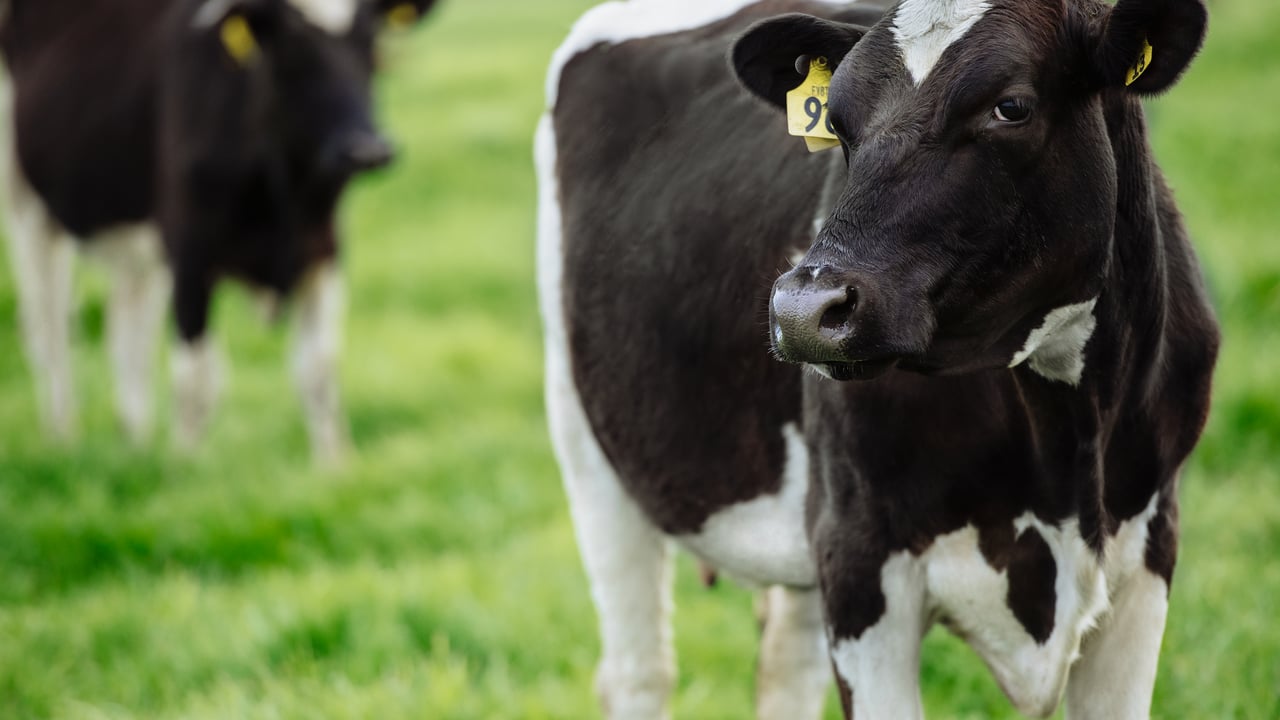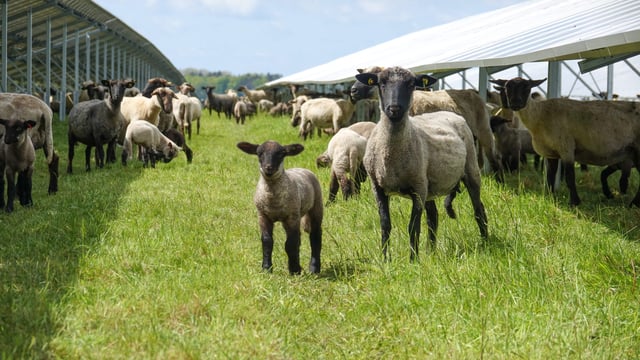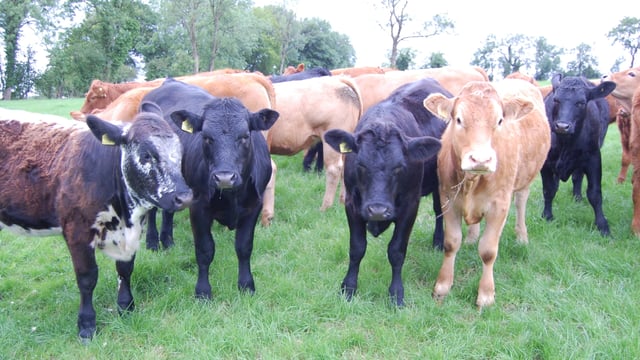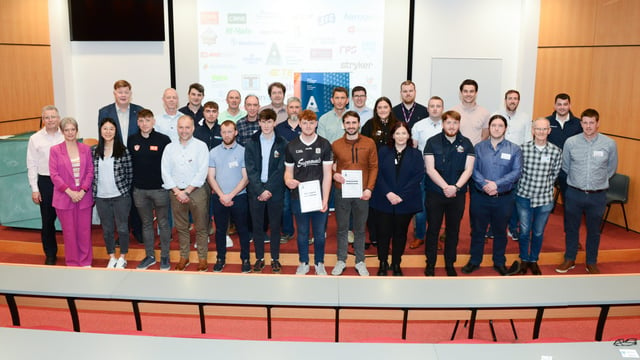IBLA calls for biosecurity review due to bluetongue risk
The Irish Beef and Lamb Association (IBLA) is calling for a review of biosecurity at all entry points into Ireland due to the risk posed by bluetongue.
The chair of the association's suckler committee, John O'Reilly has urged Minister for Agriculture, Food and the Marine Martin Heydon to conduct the review as soon as possible.
"This is to ensure that the insect borne viral disease bluetongue is prevented from entering our national herds of cattle, sheep and other ruminant animals as with higher temperatures and good weather the risk increases.
"While beef and sheep farmers are currently receiving an improved share of the market value of their product, such a disease would affect the live exports currently underpinning the fairer returns across the trade," he said.
"If bluetongue was to come in here it would absolutely decimate us, it would be game over. So we're just asking the minister to double down on his efforts to make sure, as is humanly possible, that this doesn't come into the country, " he added.
O'Reilly pointed to the "ever increasing level" of bluetongue disease in the UK.
He urged Minister Heydon to "engage robustly" with his Northern Ireland counterpart, Minister Andrew Muir "to ensure the whole of Ireland remains a bluetongue free island".
"This is a whole island approach. We're trying to keep bluetongue off of the island of Ireland. The midge doesn't respect borders," he said
"Beef and sheep farmers would be very concerned about this, this midge seems to thrive on the rising temperatures and seems to be able to spread a lot more easily," O'Reilly added.
Bluetongue
In response to parliamentary questions, Minister Heydon previously stated that he has "collaborated very closely" with Minister Muir on a range of disease threats, including bluetongue.
"Bluetongue is prevalent in England and is it a very major concern for us as we head into the time of year when its risk of spread by midges increases. The island of Ireland is one epidemiological unit.
"Diseases and animals do not know where an invisible border is and therefore we work very closely with our counterparts," he said.
Minister Heydon said that he takes the threat of bluetongue virus (BTV) "very seriously", adding that there are "enhanced biosecurity measures" at Irish ports for vehicles coming in.
"My department carries out post-entry sampling of all ruminant animals and camelids from mainland Europe for BTV regardless of the bluetongue status of the country of origin.
"This mitigates the risk of the disease being inadvertently imported with live animals," he said.
"The EU TRACES system indicates that no such animals have entered Ireland from mainland Europe this year.
"No susceptible species have been permitted to be imported into Ireland from Great Britain since late 2023, when the first cases of bluetongue serotype 3 occurred in England," the minister added.
The Department of Agriculture, Food and the Marine (DAFM) has also carried out "active surveillance" for bluetongue in the country, along with testing malformed foetuses as this can be an early indication of infection in a herd or flock.
"We are doing everything we can to protect Ireland from what is a notifiable disease that would have a big impact on our trade," Heydon said.











